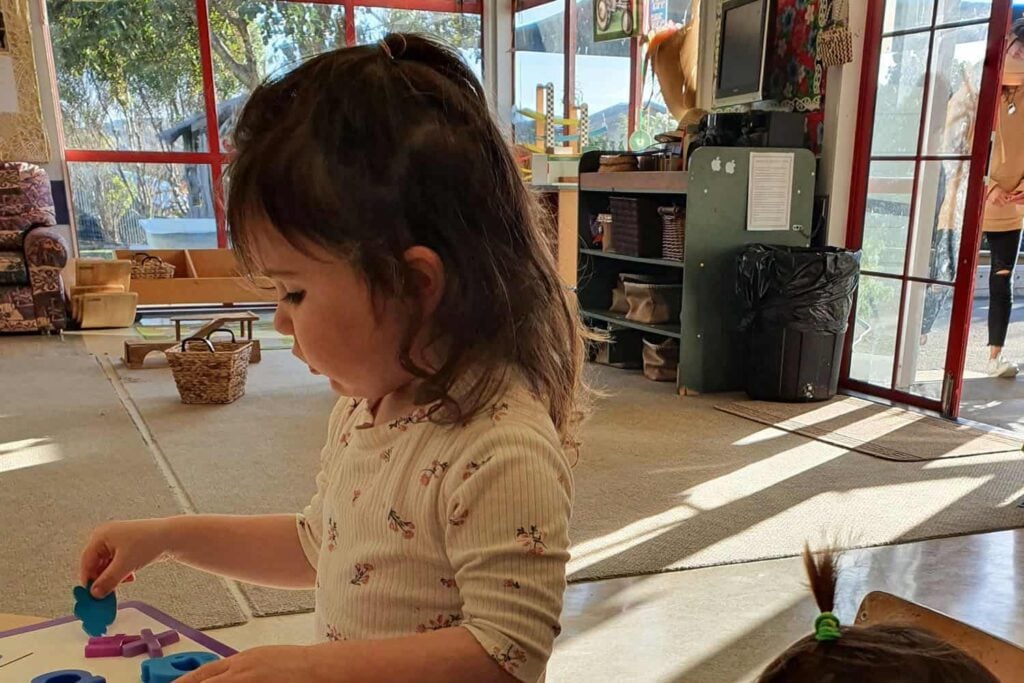April 8, 2016.
Over recent weeks many early childhood service and related organisations received an email requesting a place for a 3 year-old child with a care provider for 5 weeks for the daughter of an accountant setting up a new warehouse for a UK Company in an unnamed location in New Zealand.
The first clue that this was a scam was that it included a promise to pay in advance of arrival all and every cost that the daycare provider wanted to add in and charge “including activities breakfast, lunch, and snacks (all-inclusive package)“.
A key tenet in financial circles is: If it sounds too good to be true it probably is!
Other clues were:
- The net was cast widely – the e-mailer had no knowledge of the organisation they were emailing and were emailing broadly anyone thought to be a daycare or child-care provider.
- The company named in the email – Woodburn Foods Limited – does not show on a simple Google search of companies in the UK. The company does not seem to exit.
- The incoming and outgoing email addresses were different.
- A company would be very unlikely to send someone who is employed in the role of ‘accountant’ and certainly not a ‘senior accountant’ to another country to set up a warehouse – that is not normally in the job description of any accountant.
- The child is said to be attending a nursery school in the UK mornings only and if this were true then the parent (described as a single parent) could be expected to have a nanny or other arrangements to cover her other hours of work – so it seems strange to then seek long hours of care for the child for 5 weeks only in NZ and not bring the nanny or leave the child with the nanny or extended family at home in the UK.
Unfortunately not everyone had recognised it was spam, some services replied and offered to have the child or referred the e-mailer to another early childhood service who had vacancies or offered full-time hours. The owner of a Pakuranga childcare centre replied and received a cheque only to discover, too late, that it was a scam.
Maybe the money offer was too tempting. It was an offer of money upfront.
Or maybe those who replied did so because of the desire to help an unknown person with a good story of being a single parent with an easy child who had a challenging job and would be alone in a strange country. As New Zealanders we are a pretty trusting lot. The kiwi way is to trust until you have reason not to. But the Internet is different. When using the internet, including replying to emails from unknown people, trust no one until the trust is earned.
One of the oldest financial scams is the use of cheques. Banks will tell you not to refund money you do not have. Wait until the cheque is cleared and the money is in your account before you issue a refund. Once money is paid direct into a scammer’s account it can be too late to claim it back when the cheque later fails to clear- and you may be left with a fee to pay for a bounced cheque as well!
Advice that the Bank of New Zealand, for example, gives to its customers is:
- If you do receive a foreign cheque, bring it into your local BNZ store and we’ll explain your options.
- Be very wary of any request to return funds or partial funds from the deposit of a foreign cheque.
The Ministry of Education has not yet said what ‘learning’ it thinks ECE services can or should take from this. But key learning that can be taken from this is:
- If it sounds too good to be true it probably is!
- Do not accept a foreign cheque – request payment by the modern and safer method of electronic transfer. (Only accept a foreign cheque if you really know the person or organisation it is from and the person or organisation has earnt your trust.)
- Treat communications via the Internet differently to communications with someone you know – on the Internet trust no one and do basic checks to reduce the chance of falling victim to a scam,
The question is will these lessons be learnt? Will it happen again? We don’t want to see any early childhood service get scammed but it is up to the individual early childhood service operators whether or not they choose to be wary and what their awareness and understanding of cheque and other potential fraud is.









